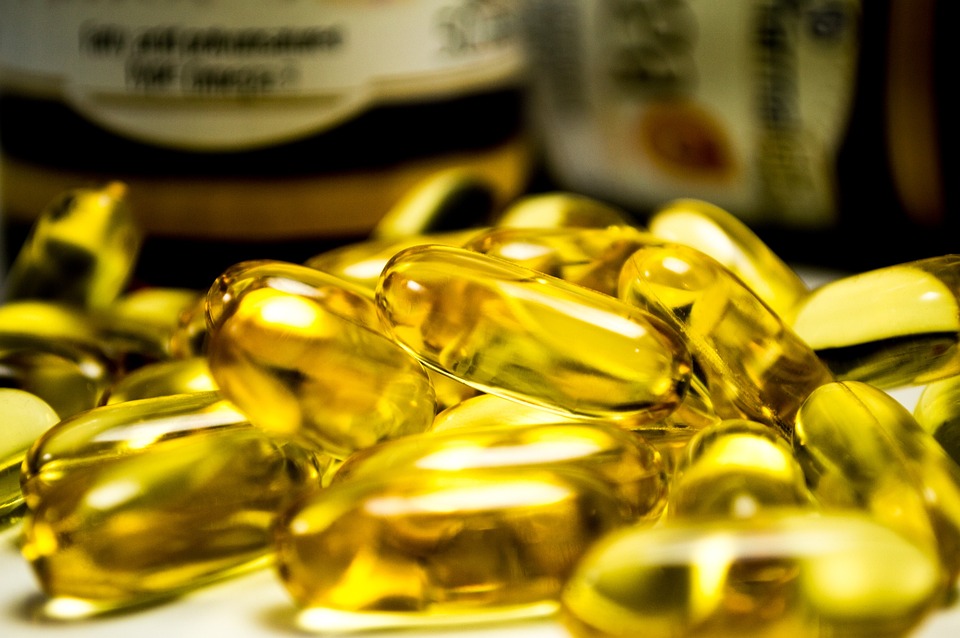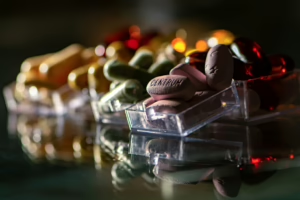Hydration Nation: Why Water Is Your Best Friend for Optimal Health
In an age where wellness trends come and go, one fundamental element remains a pillar of optimal health: water. Often overlooked in the quest for the next superfood or miracle supplement, water is an essential nutrient that significantly impacts virtually every bodily function. Understanding the importance of hydration can lead to a healthier, more vibrant life.
The Science Behind Hydration
Water makes up about 60% of the human body. It plays a crucial role in maintaining homeostasis, regulating temperature, and facilitating biochemical reactions. Here are some fundamental reasons why water is vital:
-
Cellular Function: Every cell in your body relies on water to function properly. It aids in transporting nutrients into cells and flushing out toxins, ensuring that we function optimally.
-
Temperature Regulation: When we are active or exposed to heat, our bodies perspire to cool down. Water helps maintain our body temperature and prevents overheating.
-
Digestion and Nutrient Absorption: Water is crucial for the digestive process. It helps break down food, allowing nutrients to be absorbed effectively in the intestines. A well-hydrated body can avoid common digestive issues like constipation.
-
Joint Lubrication: Water forms a crucial component of synovial fluid, which lubricates joints. Staying hydrated helps in reducing the risk of joint pain and discomfort, particularly for those who are physically active.
- Skin Health: Hydrated skin looks more fresh and youthful. Water helps maintain skin elasticity and prevents dryness, making it an essential aspect of skincare routines.
The Signs of Dehydration
Failing to remain adequately hydrated can have profound consequences on health. Early signs of dehydration may include:
- Dry mouth and throat
- Fatigue and dizziness
- Dark yellow urine
- Headaches
- Muscle cramps
Prolonged dehydration can lead to severe health issues, including kidney stones, urinary tract infections, and even heat-related illnesses.
How Much Water Do You Need?
The “8×8” rule, which suggests drinking eight 8-ounce glasses of water a day (about 2 liters), is a popular guideline. However, individual hydration needs can vary based on several factors, including age, gender, body size, activity level, and environmental temperature. The Institute of Medicine recommends:
- About 3.7 liters (or 13 cups) for men
- About 2.7 liters (or 9 cups) for women
This includes all forms of hydration from beverages and food. Fruits and vegetables, for example, contain a significant amount of water and contribute to overall fluid intake.
Creative Ways to Stay Hydrated
Staying hydrated doesn’t mean drinking plain water all day long. Here are some enjoyable ways to increase your fluid intake:
-
Infused Water: Add slices of fruits, herbs, or vegetables to your water for a refreshing flavor. Citrus fruits, berries, mint, and cucumber are popular choices.
-
Herbal Teas: Unsweetened herbal teas can be a great way to hydrate. They’re often caffeine-free and can be enjoyed hot or iced.
-
Smoothies: Blending fruits and vegetables with a base of water or coconut water can create a nutritious and hydrating drink.
-
Soups and Broths: Not only do these warm you up, but they also provide significant hydration. Opt for low-sodium varieties to keep your health in check.
- Eat Your Water: Incorporate hydrating foods like watermelon, cucumber, oranges, and strawberries into your diet. These foods can be particularly refreshing in warmer weather.
Conclusion
Incorporating adequate hydration into your daily routine is a simple yet powerful way to enhance your overall health. By considering water your best friend and making a conscious effort to stay hydrated, you can foster an environment in your body that supports optimal health, energy, and resilience. So, join the Hydration Nation—your body will thank you!
[modern_footnote_source_link]


























Add Comment